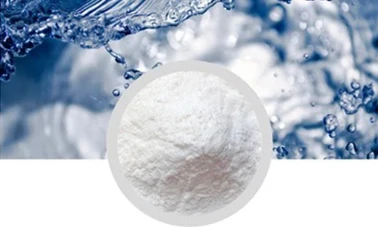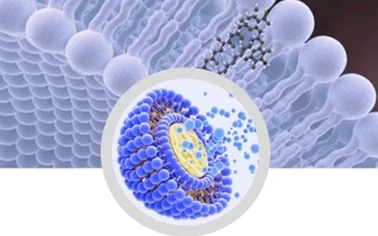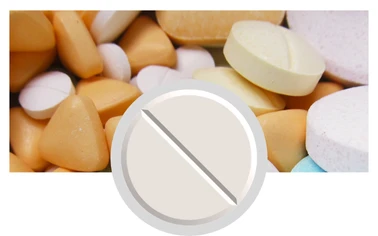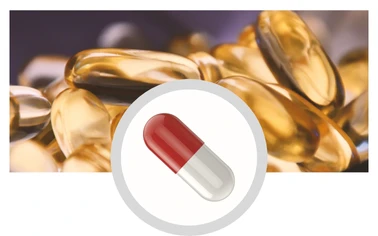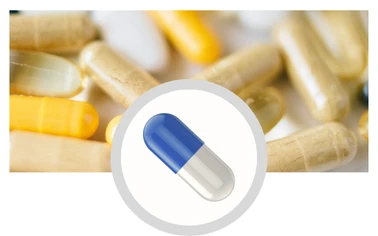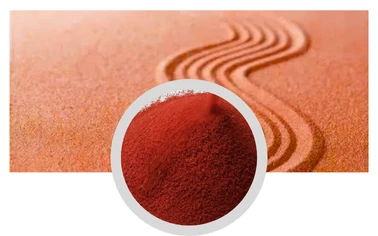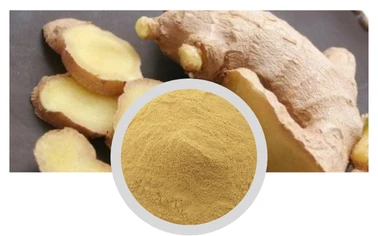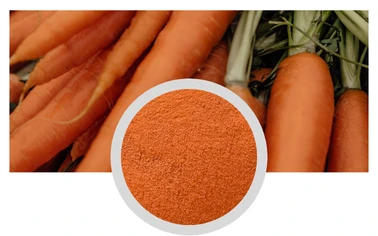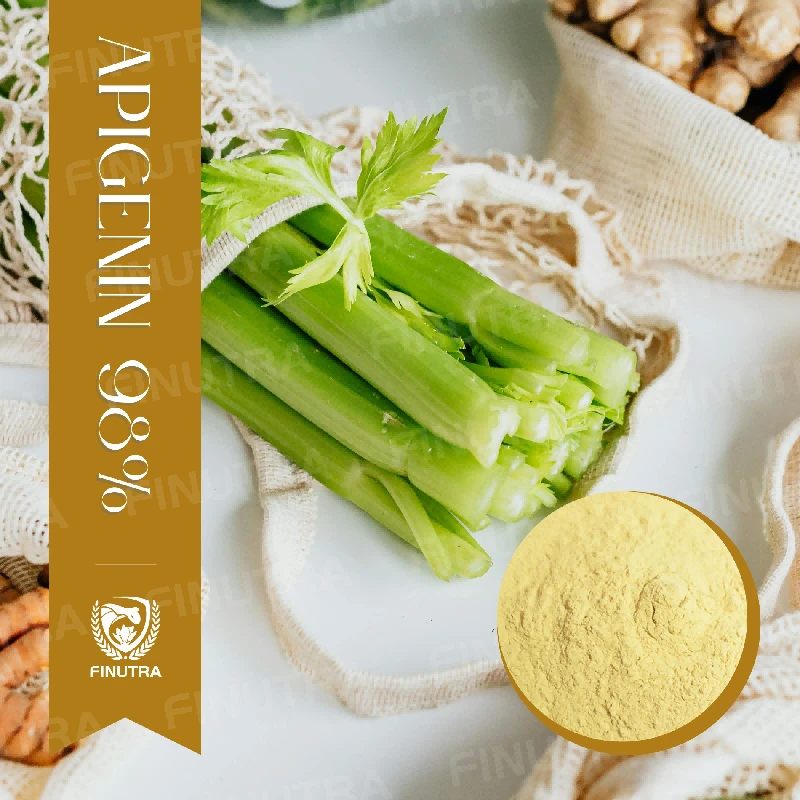When it comes to skincare and beauty, active ingredients in cosmetic products are the core of their effectiveness. These are the components in formulas that directly impact the skin, offering tangible benefits such as hydration, anti-aging effects, and improved texture. Understanding these ingredients is key to choosing the right products for your skin type and needs. The term "active" refers to substances that are scientifically proven to have an impact on the skin's appearance and health. They work by targeting specific concerns such as wrinkles, acne, hyperpigmentation, and even hydration.
Some common active ingredients in cosmetic products include retinol, hyaluronic acid, vitamin C, and peptides. Retinol is widely used for its ability to reduce fine lines and promote cell turnover, while hyaluronic acid is known for its incredible moisture-binding properties, making the skin appear plump and youthful. These active ingredients are often included in a variety of skincare products, including serums, moisturizers, and treatments, due to their proven efficacy in transforming skin health and appearance.
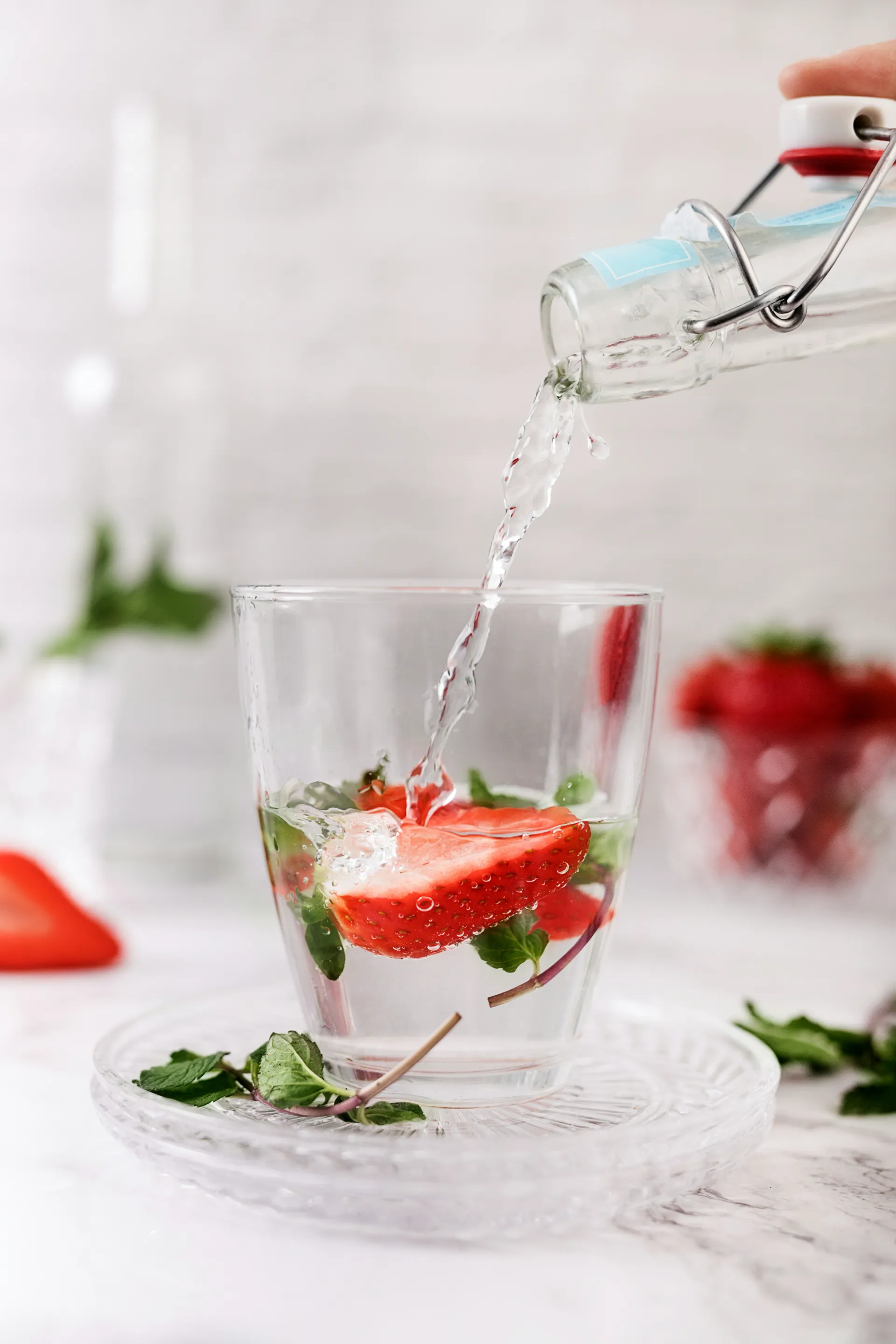
List of Active Ingredients in Cosmetics
A comprehensive list of active ingredients in cosmetics can help you navigate the vast array of products available in the market today. Some active ingredients are more suited for certain skin concerns, while others provide broader, universal benefits. For example, vitamin C is known for its powerful antioxidant properties and is commonly found in serums meant for brightening and reducing dark spots. Glycolic acid, an alpha-hydroxy acid (AHA), is often used for exfoliation, removing dead skin cells to reveal smoother, brighter skin.
Other ingredients on the list of active ingredients in cosmetics include niacinamide, which is known for calming inflammation and improving skin texture, and salicylic acid, a beta-hydroxy acid (BHA) frequently used for treating acne-prone skin. Understanding these ingredients allows you to choose products that are best suited for your skin’s unique needs. Whether you are looking for anti-aging solutions, acne treatments, or general skin maintenance, there is a wide array of active ingredients in cosmetics designed to cater to every skin concern.
Antimicrobial Ingredients in Cosmetics
For many skincare and beauty products, especially those used on the face or body, antimicrobial ingredients in cosmetics are essential for ensuring safety and hygiene. These ingredients help to prevent the growth of bacteria, fungi, and other microbes, making products safer for use on the skin. The presence of antimicrobial ingredients in cosmetics can be especially important for individuals with sensitive skin or those prone to skin issues like acne or infections.
Common antimicrobial ingredients in cosmetics include tea tree oil, benzoyl peroxide, and witch hazel. Tea tree oil is renowned for its natural antibacterial and antifungal properties, making it a popular choice in acne treatments and facial cleansers. Benzoyl peroxide, often found in acne treatments, works by killing the bacteria that cause pimples, while witch hazel offers soothing, antiseptic benefits. These antimicrobial ingredients in cosmetics not only protect against harmful microbes but also support overall skin health by preventing breakouts and other issues.
Choosing the Right Active Ingredients for Your Skin
When selecting cosmetic products, understanding how to choose the right active ingredients in cosmetic products for your specific skin type and needs is essential. If you have dry or mature skin, look for ingredients like hyaluronic acid, which provides intense moisture, or peptides, which help to rebuild the skin’s natural barrier and reduce fine lines. For oily or acne-prone skin, seek out products with salicylic acid or benzoyl peroxide, which help to prevent clogged pores and reduce inflammation.
Understanding the list of active ingredients in cosmetics is not just about what’s included in the product, but also about how these ingredients interact with your skin. For instance, retinol is often used at night, as it can make the skin more sensitive to sunlight. On the other hand, vitamin C is best used in the morning to protect against environmental damage. Tailoring your skincare routine with the right active ingredients allows you to address your unique concerns effectively and safely, resulting in healthier, more radiant skin.
Antimicrobial Ingredients in Cosmetics FAQs
What are active ingredients in cosmetic products, and why are they important?
Active ingredients in cosmetic products are the substances in skincare and beauty formulas that directly influence the skin, offering targeted results like reducing wrinkles, hydrating skin, or controlling acne. They are scientifically proven to provide tangible benefits and are essential for achieving visible improvements in skin health.
What is the difference between essential oils and antimicrobial ingredients in cosmetics?
Essential oils, like tea tree oil, are naturally derived and offer various benefits such as hydration and soothing. Antimicrobial ingredients in cosmetics, however, are specifically included to prevent the growth of harmful bacteria, fungi, and microbes on the skin. They play an important role in maintaining hygiene and skin safety, particularly for acne or sensitive skin.
Can I use products with active ingredients on sensitive skin?
Yes, but it's important to choose products with active ingredients in cosmetic products that are formulated for sensitive skin. Ingredients like niacinamide and aloe vera are soothing and gentle, making them ideal for those with more delicate skin. Always patch test new products to ensure compatibility with your skin.
What are some common antimicrobial ingredients in cosmetics?
Some of the most common antimicrobial ingredients in cosmetics include tea tree oil, benzoyl peroxide, witch hazel, and alcohol. These ingredients are used to kill or inhibit the growth of bacteria, fungi, and other microbes, preventing infection and promoting clearer skin.
How do I know which active ingredients are best for my skin type?
To choose the right active ingredients in cosmetic products, assess your skin type and concerns. For dry skin, focus on hydrating ingredients like hyaluronic acid. For oily or acne-prone skin, look for salicylic acid or benzoyl peroxide. Consult a dermatologist for personalized recommendations based on your skin’s needs.
Incorporating the right active ingredients in cosmetic products into your skincare routine can make a world of difference in achieving healthier, clearer, and more radiant skin. By understanding the list of active ingredients in cosmetics, from anti-aging retinol to antimicrobial agents like benzoyl peroxide, you can tailor your routine to address specific skin concerns. Remember to choose products with the right antimicrobial ingredients in cosmetics to maintain hygiene and protect against harmful bacteria. Visit our website to explore our range of products featuring the best active ingredients for your skin’s needs. Don’t settle for less when it comes to skincare – your skin deserves the best!
Post time:Jul - 10 - 2025



